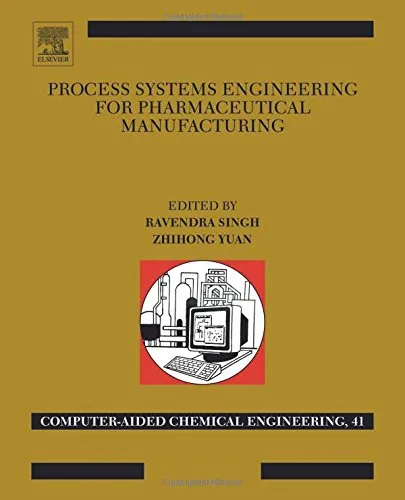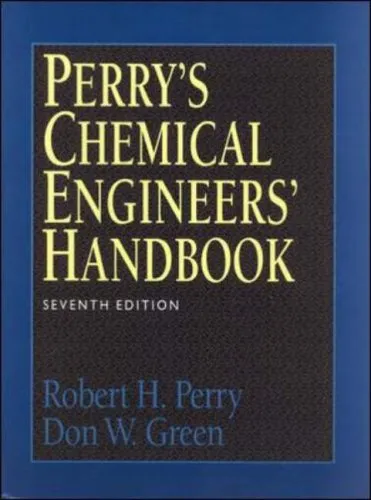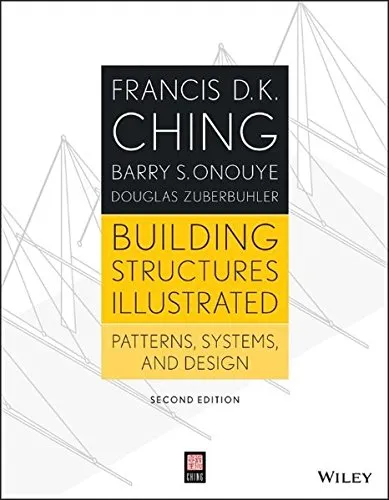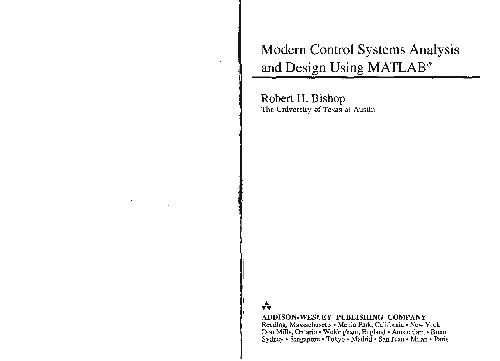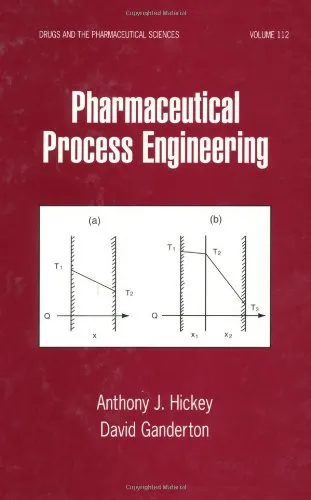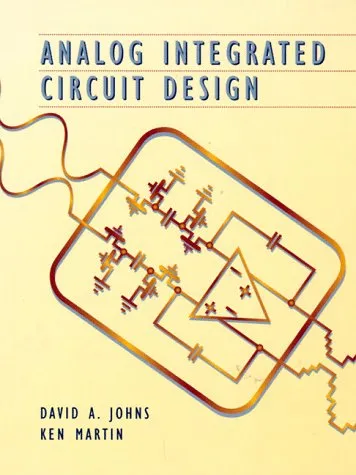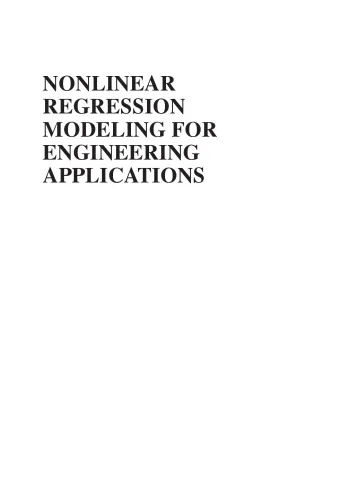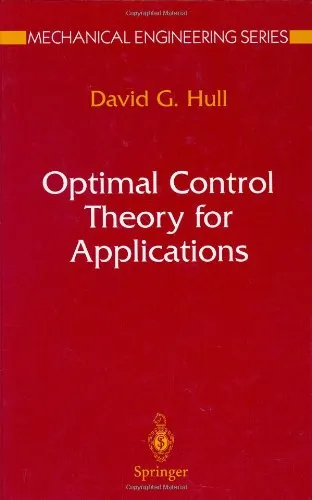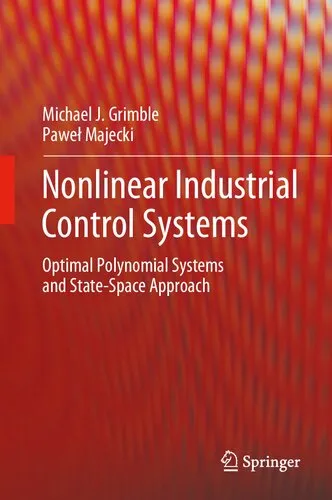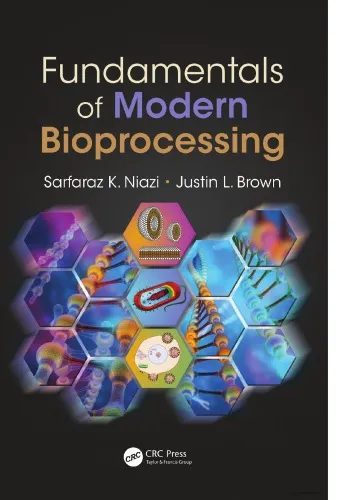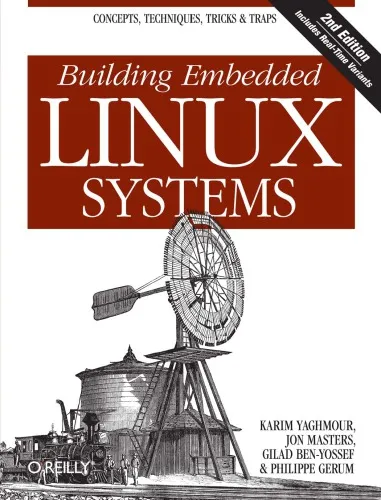Process Systems Engineering for Pharmaceutical Manufacturing
4.0
Reviews from our users

You Can Ask your questions from this book's AI after Login
Each download or ask from book AI costs 2 points. To earn more free points, please visit the Points Guide Page and complete some valuable actions.Related Refrences:
Introduction to "Process Systems Engineering for Pharmaceutical Manufacturing"
"Process Systems Engineering for Pharmaceutical Manufacturing," edited by Ravendra Singh and Zhihong Yuan, is a comprehensive exploration of the intersection between process systems engineering (PSE) and pharmaceutical production. As the pharmaceutical industry continuously evolves to meet stringent demands for efficiency, quality, and compliance, this book provides an essential roadmap for leveraging process engineering methodologies to enhance every phase of pharmaceutical manufacturing.
The book delves deeply into the integration of PSE principles, combining advanced modeling, optimization, and control techniques with real-world applications in pharmaceutical operations. From the development of efficient large-scale production processes to ensuring high standards of drug quality and safety, the knowledge presented within these chapters helps bridge the gap between academic innovation and industrial practices. Designed for both professionals and researchers, it covers cutting-edge concepts while emphasizing practical applications that align with regulatory frameworks like FDA's Quality by Design (QbD) and Process Analytical Technology (PAT).
Summary of the Book
The book is structured around the idea that pharmaceutical production can no longer rely on traditional methods alone. Instead, advanced technologies and systems engineering approaches are essential to meet modern challenges such as cost pressures, regulatory requirements, and the growing demand for personalized medicine. The authors and contributors—experts from academia and industry—analyze the entire pharmaceutical manufacturing lifecycle using a systems-based perspective.
Topics range from process design and operations to analytical methodologies that ensure robust and high-quality manufacturing. With an emphasis on integrating computational models, automation, and real-time data analytics, the book demonstrates how to optimize pharmaceutical processes holistically. It also explores challenges like scalability, variability in raw materials, and stringent regulatory compliance, offering innovative solutions that align with industrial trends such as continuous manufacturing and advanced process control.
Beyond technical concepts, the authors highlight the importance of integrating sustainability into production processes, using optimization techniques to reduce waste, energy, and material consumption. Importantly, the book also reflects on the paradigm shift from batch manufacturing toward automated, continuous manufacturing systems, widely regarded as the future of the industry.
Key Takeaways
- Understanding how process systems engineering principles can be applied to modernize pharmaceutical manufacturing processes.
- Insights into Quality by Design (QbD) and Process Analytical Technology (PAT) principles for ensuring consistent product quality.
- Discussion of advanced modeling techniques, including computational fluid dynamics (CFD), molecular modeling, and reaction kinetics.
- Practical guidance on transitioning from batch to continuous manufacturing for improved operational efficiency.
- Exploration of automation, machine learning, and real-time monitoring in modern pharmaceutical operations.
- Emphasis on sustainability and energy efficiency in process optimization.
Famous Quotes from the Book
"The application of process systems engineering in pharmaceutical manufacturing is not just transformative—it is necessary to meet the challenges of a rapidly evolving industry."
"By integrating advanced modeling and control frameworks, the pharmaceutical industry can minimize variability while maximizing efficiency and compliance."
Why This Book Matters
This book is an essential resource for anyone seeking a deeper understanding of modern pharmaceutical manufacturing challenges and their solutions. As regulatory pressures increase and competitive markets demand faster innovation, organizations must adopt new methodologies to stay ahead. Process systems engineering offers the perfect toolkit for solving complex industrial problems, and this book provides both the technical foundations and applied frameworks necessary for successful implementation.
With contributions from leading experts across multiple disciplines, the book serves as a bridge between theoretical advancements in PSE and their applications in pharmaceutical production environments. Beyond offering technical insights, it also instills a systems-oriented mindset—a critical perspective for addressing problems like cost management, quality assurance, and environmental sustainability.
Whether you're a researcher, engineer, manager, or policymaker, "Process Systems Engineering for Pharmaceutical Manufacturing" equips you with the knowledge and tools to drive innovation while maintaining regulatory compliance. It stands as a testament to how interdisciplinary approaches can shape the future of one of the most critical global industries.
Free Direct Download
You Can Download this book after Login
Accessing books through legal platforms and public libraries not only supports the rights of authors and publishers but also contributes to the sustainability of reading culture. Before downloading, please take a moment to consider these options.
Find this book on other platforms:
WorldCat helps you find books in libraries worldwide.
See ratings, reviews, and discussions on Goodreads.
Find and buy rare or used books on AbeBooks.
1347
بازدید4.0
امتیاز0
نظر98%
رضایتReviews:
4.0
Based on 0 users review
Questions & Answers
Ask questions about this book or help others by answering
No questions yet. Be the first to ask!
